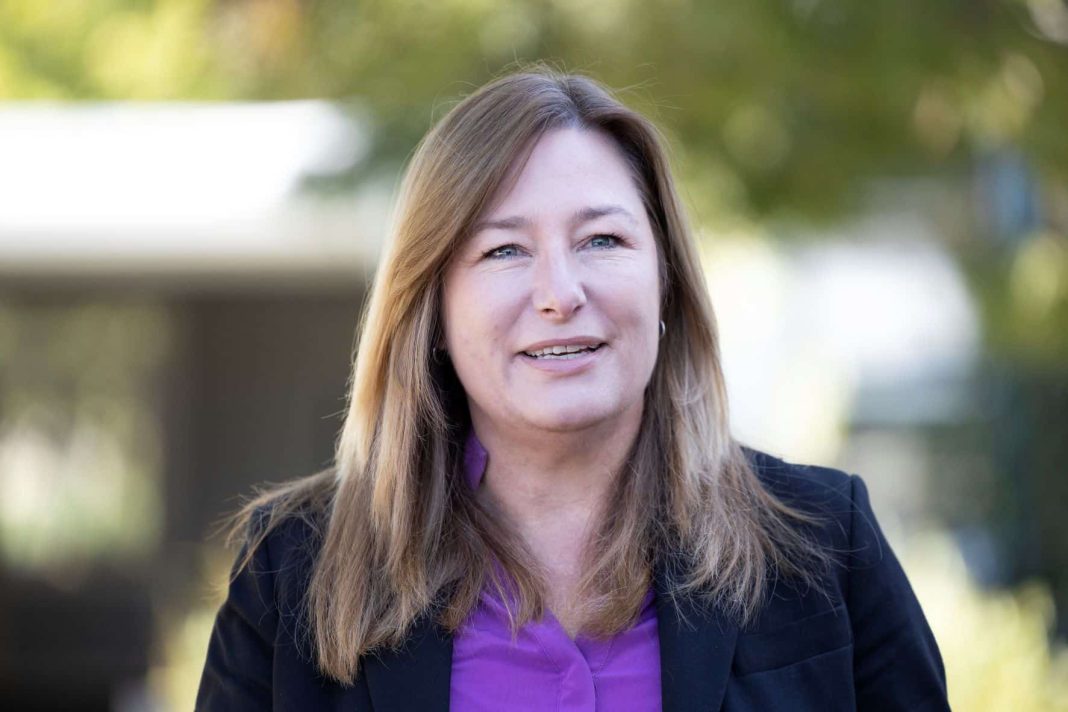The ACT could become the first Australian jurisdiction to legally enshrine access to two years of early childhood education before formal schooling.
Yvette Berry, ACT Minister for Education and Youth Affairs, will today introduce the Education (Early Childhood) Legislation Amendment Bill 2023 to amend the Education Act 2004.
The amendments include a new chapter in the Act dedicated to early childhood education and recognition in law that children start learning from birth.
The Bill will also amend the ACT Teacher Quality Institute Act 2010 to enable the professional registration of early childhood teachers.
Currently, the Teacher Quality Institute regulates the professional registration of teachers in primary and secondary schools. This Bill will introduce a new category of Teacher Quality Institute registration for teachers working in early childhood education and care settings who teach children in their brain-building years (from birth to age five).
“Because a teacher is a teacher, whether they work in an early childhood service or a school,” Ms Berry said.
“This Bill, if passed, will deliver on significant actions in the ACT Government’s early childhood strategy, Set up for Success, and our early childhood workforce strategy, Valuing Educators, Values Children.
“Early childhood teachers are at the heart of what makes early learning great.”
“Formally recognising early childhood education in law and providing professional recognition for early childhood teachers will strengthen the sector. These amendments go hand-in-hand with the ACT Government’s delivery of universal free, high-quality preschool education for Canberra’s three-year-olds from 2024.
“The ACT Government will continue to deliver on our commitments to support quality education for Canberra’s children and young people.”
Lyndall Read, Chief Executive Officer of the ACT Teacher Quality Institute, said: “This Bill is a significant step in building the professional standing of early childhood teachers in the ACT.
“Registration of early childhood teachers means increased access to high quality professional learning and early childhood teacher networks. It also recognises the direct, positive educational and developmental impact the early childhood teacher workforce has on children’s early lives and future prospects.”



